
Strategic policies and guidelines
Quang Ninh province identifies the development of ethnic minority areas as not only a social security task, but also a long-term strategy to create a development balance between mountainous - delta - coastal areas, ensuring political stability, national defense, security and preserving national cultural identity in the modernization process. As soon as the National Assembly issued Resolution No. 88/2019/QH14 on approving the Master Plan for socio-economic development of ethnic minority and mountainous areas for the 2021-2030 period, the Quang Ninh Provincial Party Committee promptly issued leadership documents, concretizing them into specialized resolutions (Resolution No. 06-NQ/TU dated May 17, 2021 of the 15th Provincial Party Committee), directing the integration of resources and clearly assigning responsibilities to each level and each sector. The Provincial People's Council has promptly issued many resolutions on budget allocation, specific mechanisms, policies to support livelihoods, infrastructure, healthcare, and education suitable to the characteristics of mountainous, remote, and ethnic minority areas, notably Resolution No. 16/NQ-HDND (dated July 16, 2021) approving the Overall Program for sustainable socio-economic development associated with ensuring national defense and security in communes, villages, and hamlets in ethnic minority, mountainous, border, and island areas of Quang Ninh province for the period 2021-2025, with a vision to 2030.
The Provincial People's Committee presides over the implementation of projects and resolutions with a spirit of drastic and practical action, developing detailed plans for each commune and village, focusing on prioritizing resources for the most difficult areas. In addition, independent inspection, supervision and evaluation are conducted regularly, linking the responsibility of district and commune authorities with the results of implementing poverty reduction targets and improving people's lives.

With available resources, Quang Ninh province is assigned by the Central Government to proactively use the local budget to implement the project. Every year, based on the regulations and instructions of the Central Government, the Provincial People's Committee submits to the Provincial People's Council a balance of resources for implementation. With this policy, the province clearly identifies resources, objectives, and proposes solutions for economic and budget management to meet the requirements of implementing the project annually and for the entire 2021-2025 period.
In the 2021-2025 period, the province will allocate a total capital of over VND 7,000 billion to implement the Project, of which the provincial budget will allocate over VND 4,750 billion; the district and commune budgets will allocate over VND 2,240 billion. In addition, the province will mobilize over VND 16,200 billion in combined, socialized, and other legally mobilized capital to implement projects, sub-projects, and component contents of the province's projects and programs.
Comrade Luc Thanh Chung, Director of the Department of Ethnic Minorities and Religions, said: The province's viewpoint is not to develop at all costs but to develop harmoniously. Every policy implemented in ethnic minority areas must take into account the sustainability factor. Sustainability in terms of livelihood, culture, environment and identity, not only for economic development but also to preserve the national soul in each village.
The current development orientation of ethnic minority areas in Quang Ninh is not separate from the goal of "inclusive development", but is integrated into the province's general development strategy, aiming to build Quang Ninh into a model province in implementing ethnic policies, both dynamic in economy and profound in cultural preservation.
In the period of 2021-2025, more than 2,500 ethnic minority households in the province have been supported with capital to develop their livelihoods, from planting large timber forests, cinnamon, cassia, medicinal plants to large-scale livestock farming under the cooperative model. Therefore, the economy and average income per capita in ethnic minority and mountainous areas of Quang Ninh province have improved significantly compared to the time before the project was implemented.
If in 2020, the average income per capita in ethnic minority and mountainous areas of the province reached 43.7 million VND/person/year, by the end of 2024, the per capita income rate increased to nearly 84 million VND/person/year. The poverty rate in ethnic minority areas decreased rapidly, by the end of 2023, the whole province had no more poor households, thereby completing the national target program on sustainable poverty reduction for the period 2021-2025 according to the multidimensional standards of the Central Government and gradually eliminating poor and near-poor households according to the multidimensional poverty standards applied in the province for the period 2023-2025 in Resolution No. 13/NQ-HDND dated March 30, 2023 of the Provincial People's Council.

Comrade Le Van Anh, Vice Chairman of the Provincial People's Committee, said: Quang Ninh province not only aims to complete investment targets, but also wants to create real development values for the people, especially ethnic minorities. The satisfaction and proactiveness of the people is a measure of the success of the province's projects and programs.
That approach has created trust in the community. Many small-scale production models in the highlands have now become effective cooperatives and cooperatives. Ethnic minorities have gradually changed their mindset from waiting and relying on others, actively approaching new techniques and proactively connecting with the market. Mr. Tang A Tai (Ngan Chuong village, Luc Hon commune) shared: In the past, people expected support policies, but now the government allows them to learn a trade and lend them capital to do business, and their children have the opportunity to receive a full education.
The province has implemented 785 projects and works to invest in building essential infrastructure, such as: rural roads, electricity systems, domestic water supply, schools, and medical stations. Up to now, 100% of ethnic minority communes have car roads to the center, 100% of villages and hamlets have national electricity grid, 100% of villages and hamlets have 4G mobile phone signal, 85.5% of households have access to clean water. This is an important condition to create "leverage" for ethnic minorities to access the market, services and improve their quality of life.

Quang Ninh province has also supported the construction and repair of over 40 schools, classrooms, and boarding houses in extremely disadvantaged communes; invested in standard health stations in 100% of communes in ethnic minority areas. The rate of children going to school remains above 98%, and the rate of ethnic minority students dropping out of school has decreased significantly. Primary health care for ethnic minorities has improved; the rate of people participating in health insurance in this area is above 98.5%.
Ms. Dang Thi Minh Hue, a health worker in Dam Ha commune, said: Thanks to the investment in the new health station, people do not have to travel far to see a doctor and it is also convenient for children to be vaccinated, women to receive reproductive counseling, and the elderly to receive regular check-ups. These seemingly simple things have now made a big difference in a difficult area like the one where we live.
Continue to focus on difficult areas
Along with the whole country, from July 1, 2025, Quang Ninh province officially implemented the 2-level local government model (provincial and communal levels), in which 171 communal administrative units were merged into 54 communes, wards, and special zones, posing great requirements and new visions. In particular, to continue to strongly develop the socio-economic development of ethnic minority and mountainous areas in the next period, the province is focusing on implementing comprehensive, methodical, long-term and systematic solutions from the province to the grassroots level.
In addition to the whole province perfecting the political and administrative system at the commune level after the merger, ensuring stable operations, not interrupting the provision of public services to the people and arranging competent and prestigious ethnic minority cadres in key positions, especially in remote communes and ethnic minority areas, Quang Ninh province directed local departments, branches and sectors to review the mechanisms and policies of the province that have been issued and are still in effect, then compare them with the current actual situation after the arrangement to see whether they are still suitable or not, and then propose adjustments, supplements, or replacements of other resolutions.

The Standing Committee of the Provincial People's Council has assigned the Provincial People's Council Committees to supervise the effective resolutions of the Provincial People's Council, especially those directly related to social security and welfare in ethnic minority and mountainous areas, thereby assessing and considering their suitability in the current context, and recommending to competent authorities to amend and replace new, more appropriate resolutions.
Mr. To Van Hai, Deputy Secretary of the Van Don Special Zone Party Committee, the delegation of the Provincial People's Council in the Van Don - Co To Special Zone, said: When implementing the 2-level local government model, the new communes and wards have larger populations and natural areas, so it is necessary for the Provincial People's Council as well as the communes to issue new resolutions to ensure investment resources for developing the connecting traffic infrastructure system, production development infrastructure; expand the subjects considered for financial support, seeds, experience, and vocational training. In particular, it is necessary to study and issue new resolutions that are truly easy to implement, avoiding causing difficulties and obstacles for beneficiaries.
Implementing the two-level local government model, the commune level will become an important “extended arm” of the provincial level. From there, the province will study strong decentralization in investment management, land use, public services, population management; promulgate simplified procedures, and specific administrative models for ethnic minority areas.
In the immediate future, the province will review and prioritize investment in inter-commune and inter-village infrastructure projects (roads, bridges, electricity, water) to reconnect the commune system after the boundary merger; support the planning of concentrated residential clusters in disadvantaged areas, linked with the planning of schools, health stations, and public service transaction points; promote livelihood support according to the value chain (linking cooperatives - enterprises - markets) for highland specialty products such as cinnamon, cassia, medicinal plants, and OCOP products; deploy a digital commune management platform, connect data on residents and poor households, helping the provincial level to monitor and the commune level to deploy accurately.

Comrade Pham Duc An, Chairman of the Provincial People's Committee, said: Quang Ninh province's viewpoint is to always pay special attention to developing disadvantaged areas, border areas, islands and ethnic minority areas. It is expected that in the coming time, in addition to the mechanisms and policies considered for submission to the Provincial People's Council for promulgation, the Provincial People's Committee will submit to the Provincial People's Council the total public investment capital for the period 2026-2030, in which it will calculate and prioritize resources for these disadvantaged areas, ensuring that these areas will have synchronous and complete technical infrastructure, improve the quality of life, and serve sustainable socio-economic development.
With high political determination, flexible working methods and close cooperation between the government - businesses - people, Quang Ninh is gradually affirming a model of ethnic minority development that is unique but not isolated, comprehensive but not imposed, sustainable but still retains the indigenous cultural character based on the pillars: "Beautiful nature - Unique culture - Civilized society - Transparent administration - Developed economy - Happy people".
Source: https://baoquangninh.vn/phat-trien-vung-dan-toc-thieu-so-tu-chinh-sach-dung-den-doi-thay-that-3370438.html




![[Photo] Prime Minister Pham Minh Chinh chairs the meeting of the Government Party Committee Standing Committee](https://vstatic.vietnam.vn/vietnam/resource/IMAGE/2025/8/23/8e94aa3d26424d1ab1528c3e4bbacc45)



![[Photo] General Secretary To Lam attends the 80th Anniversary of the Cultural Sector's Traditional Day](https://vstatic.vietnam.vn/vietnam/resource/IMAGE/2025/8/23/7a88e6b58502490aa153adf8f0eec2b2)




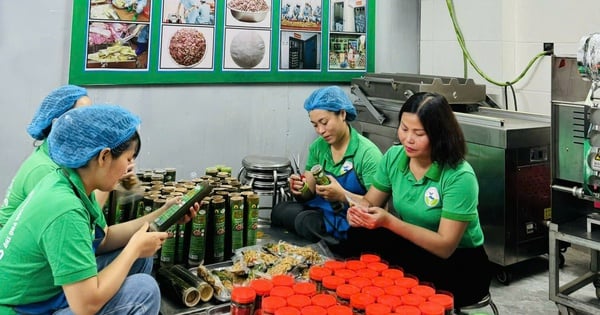
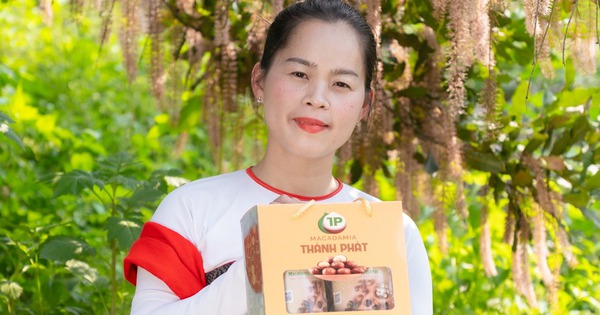
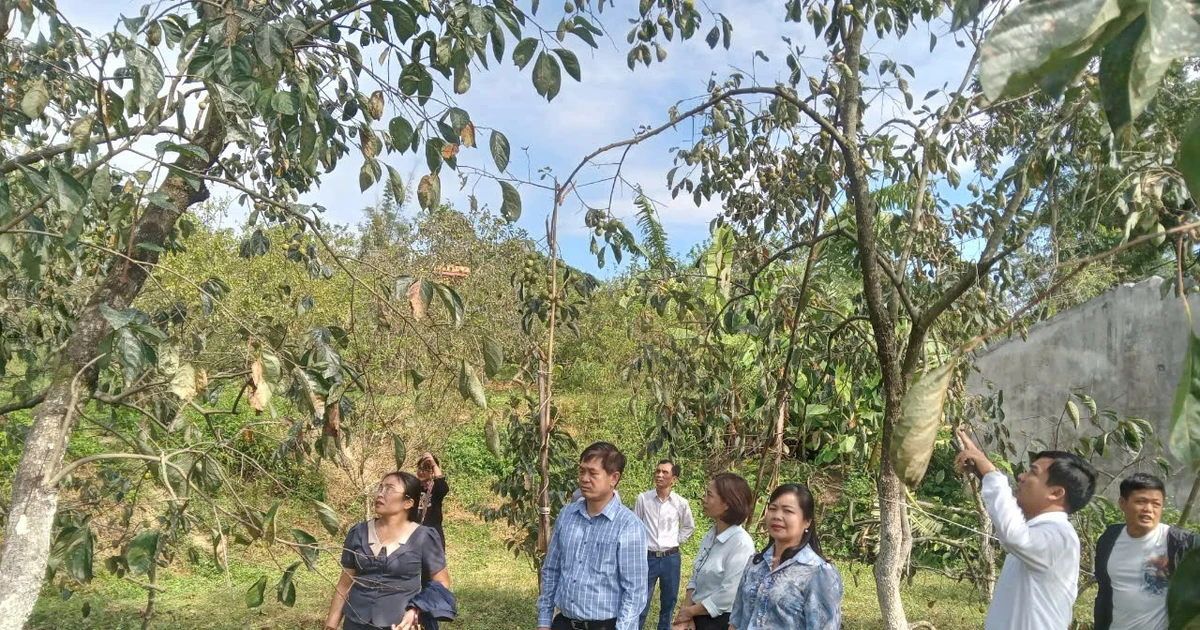

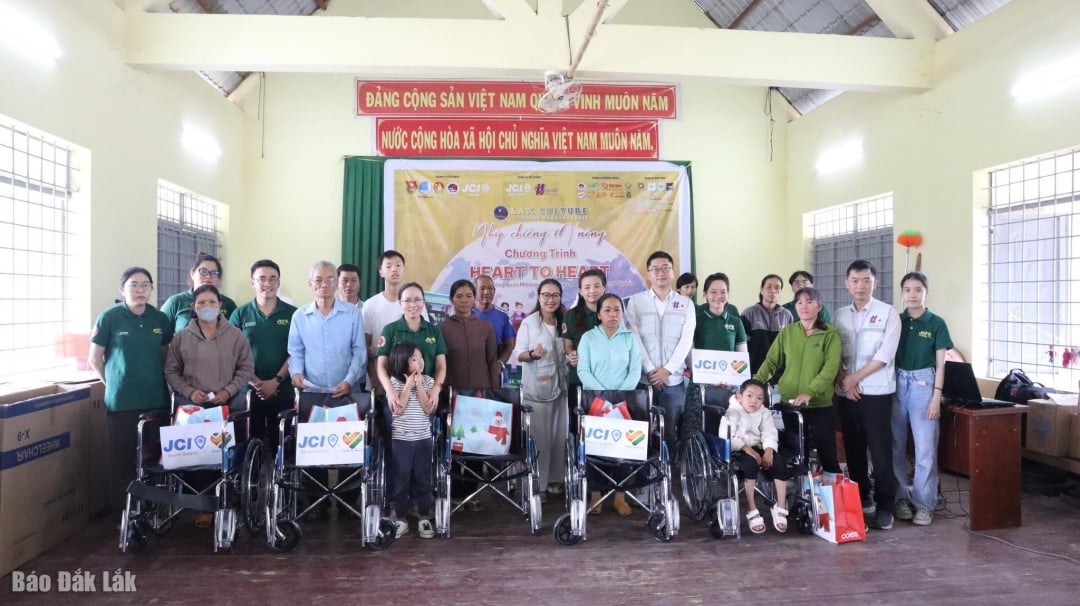

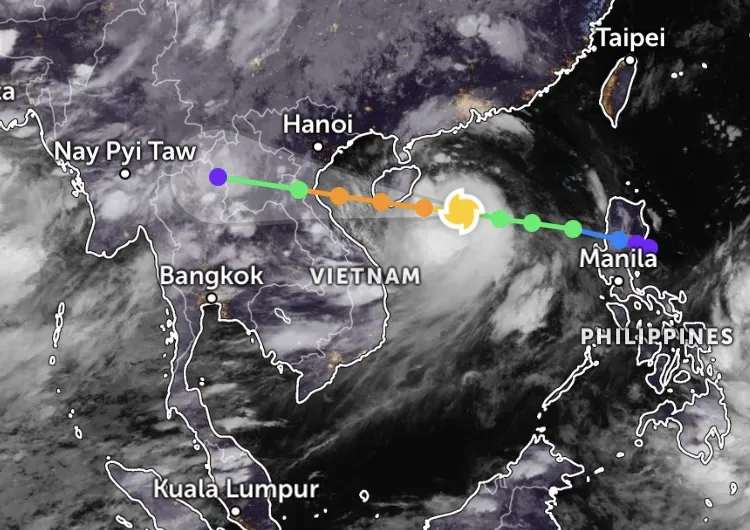



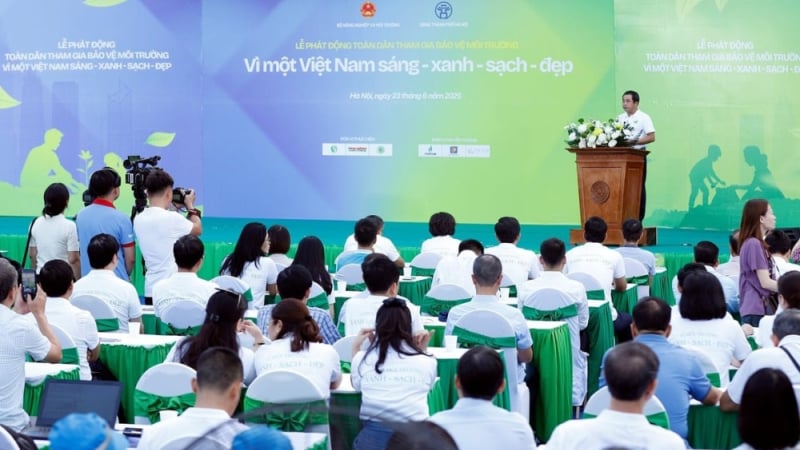


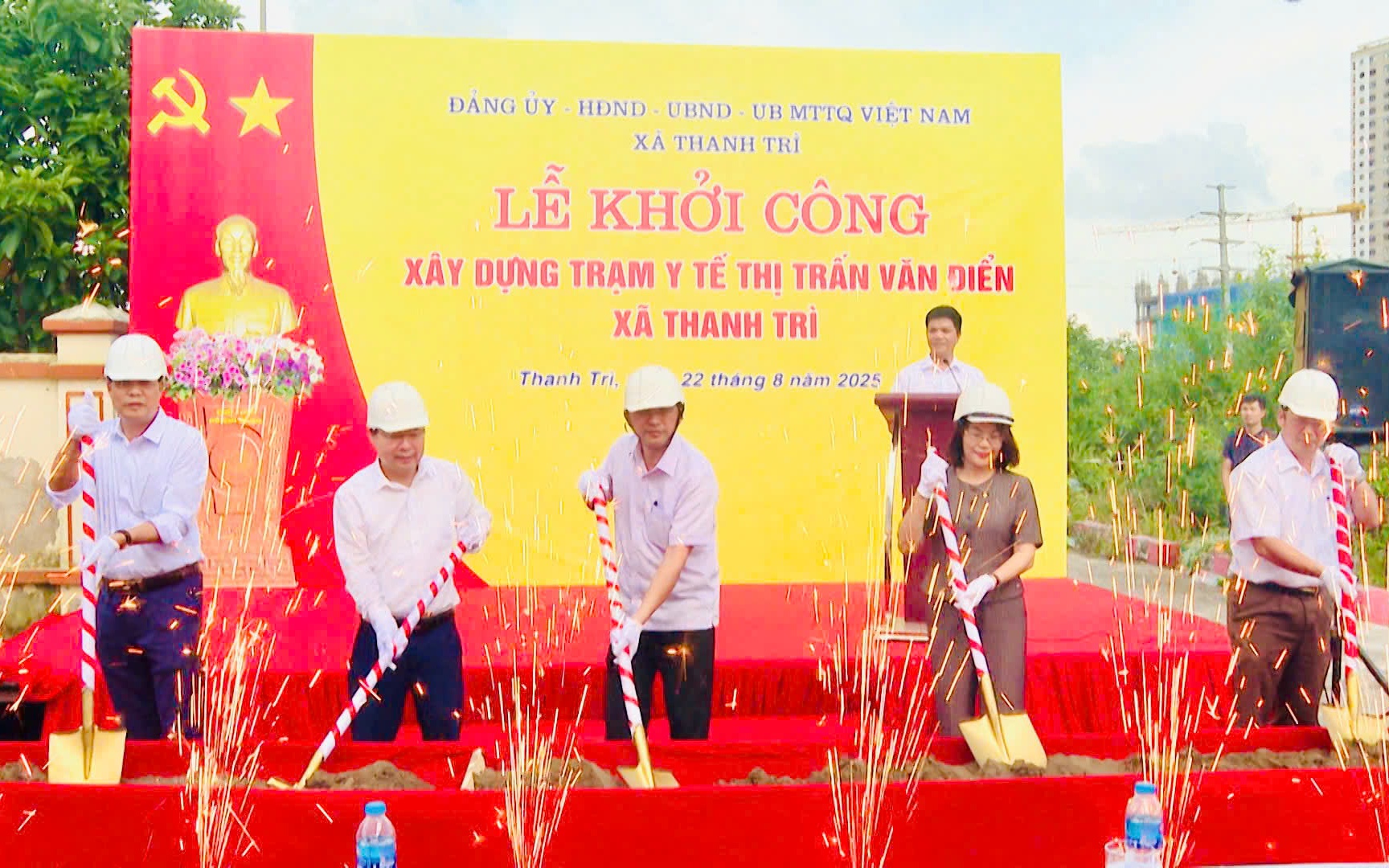






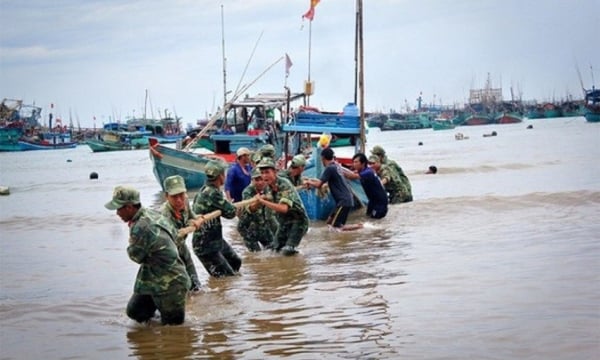


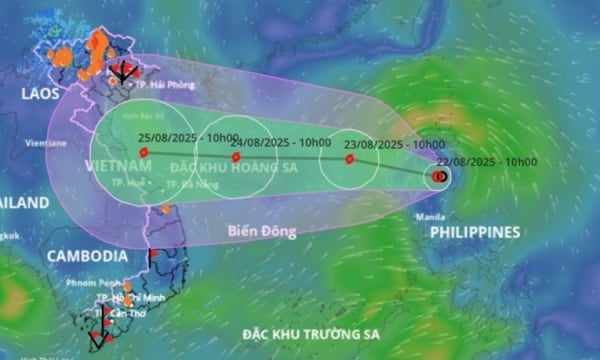
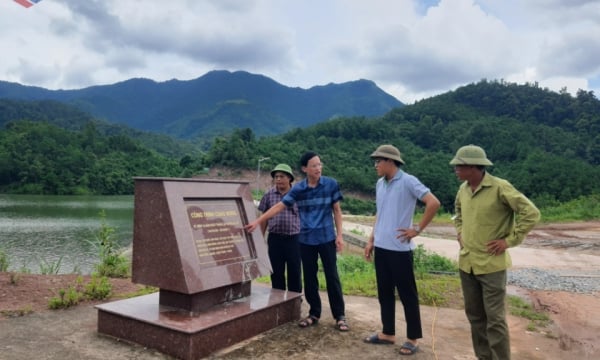
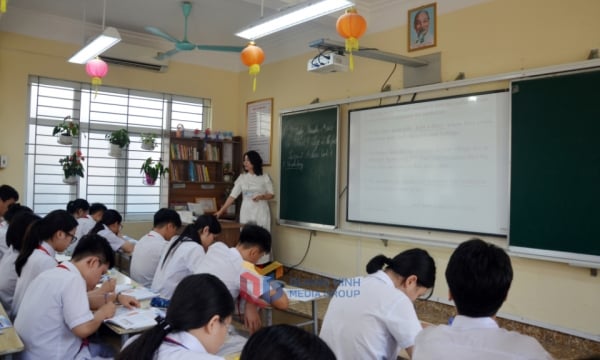












































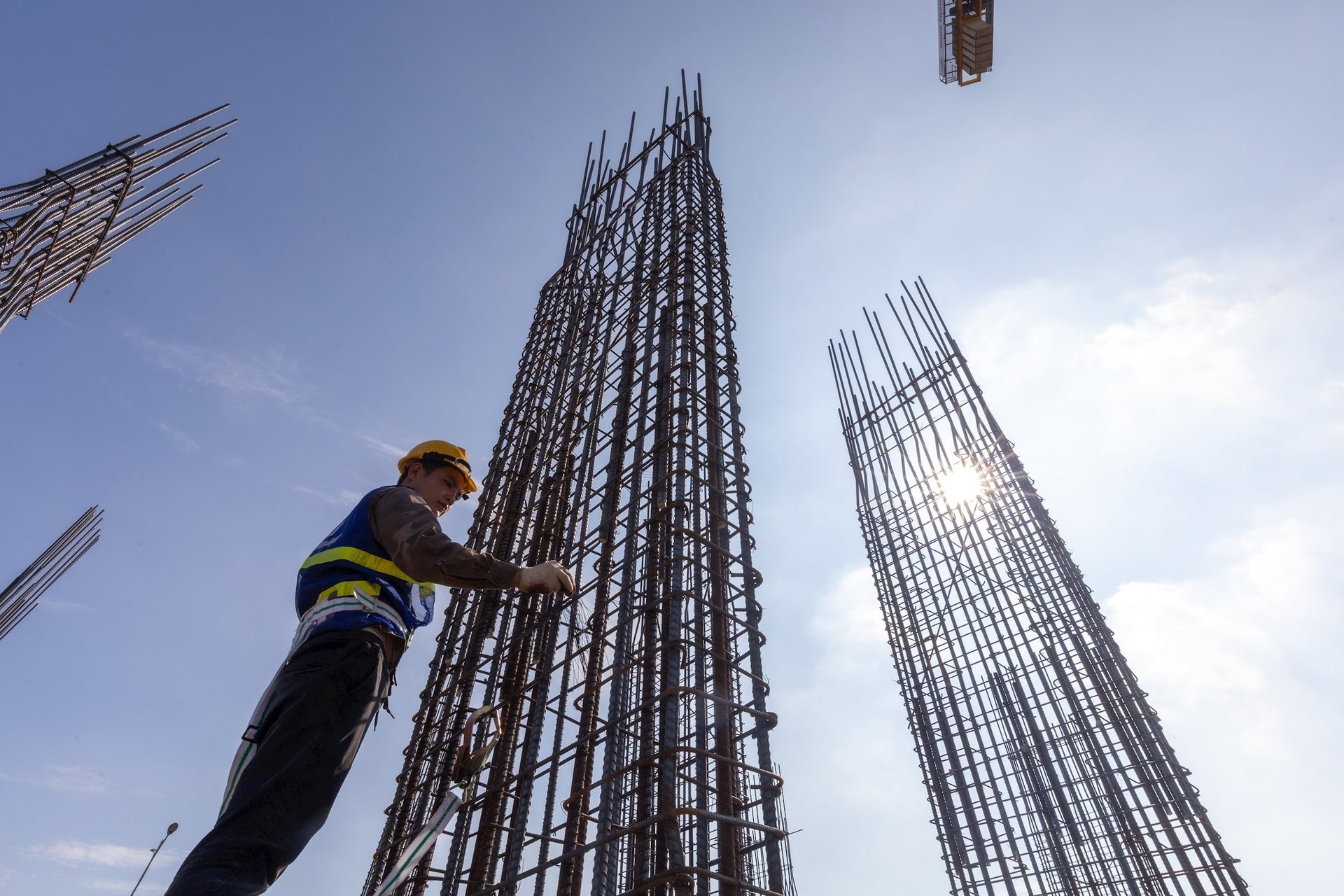

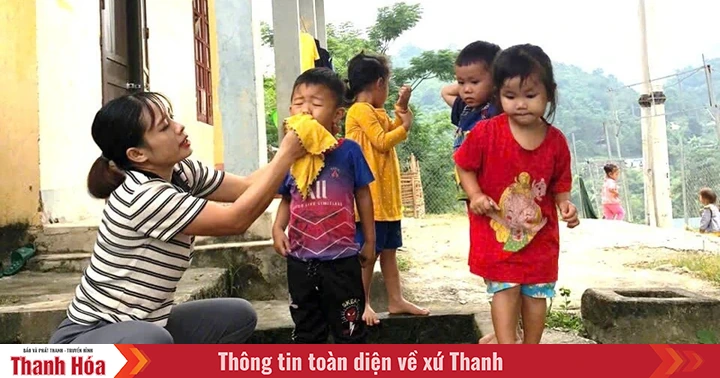
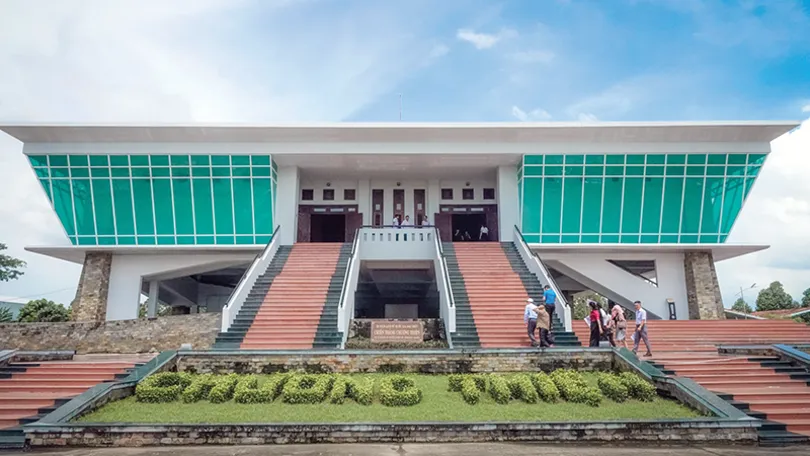

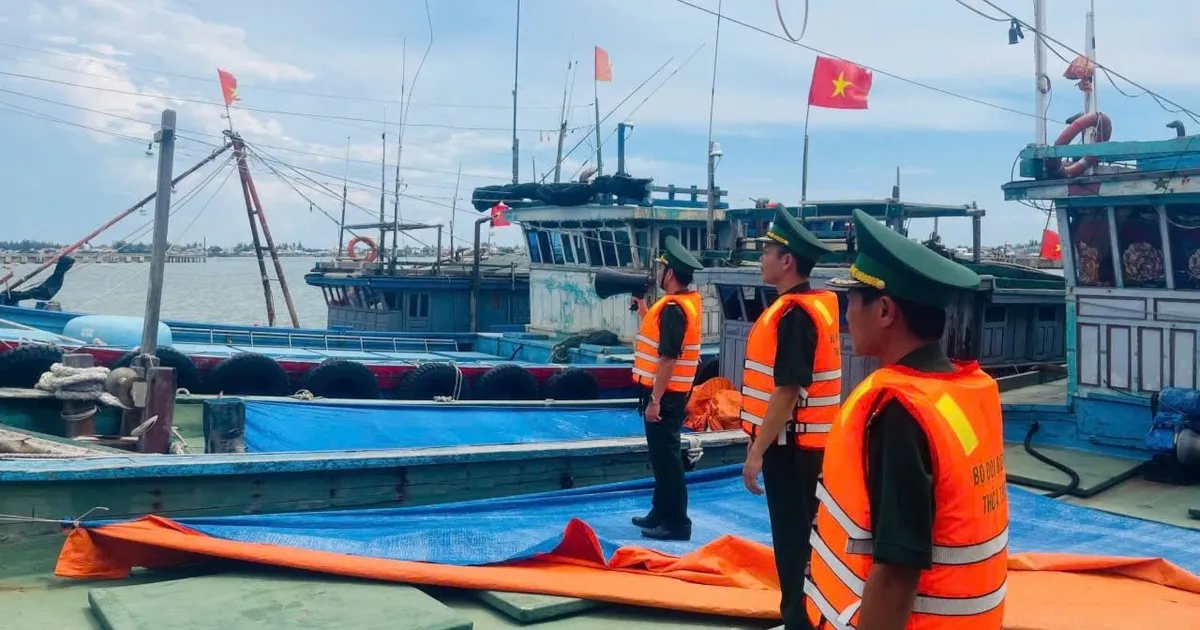
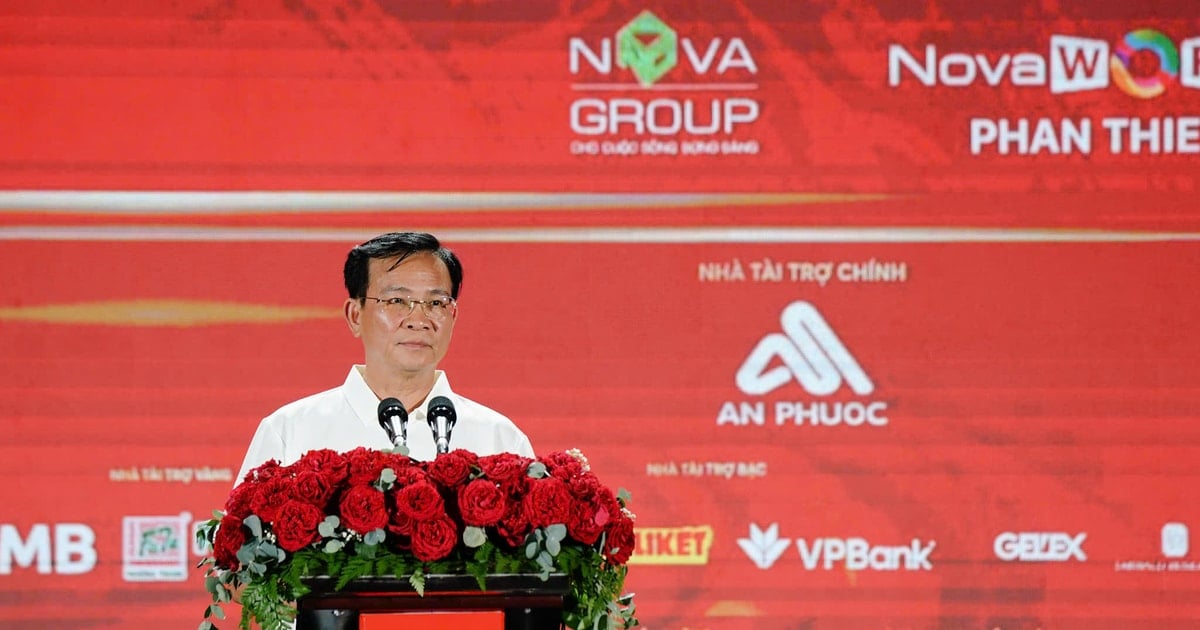














Comment (0)